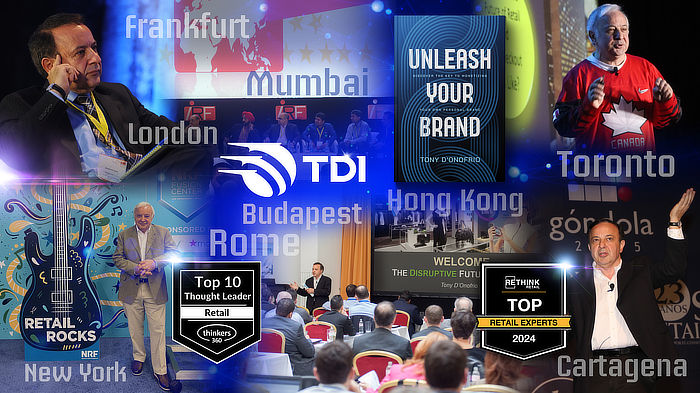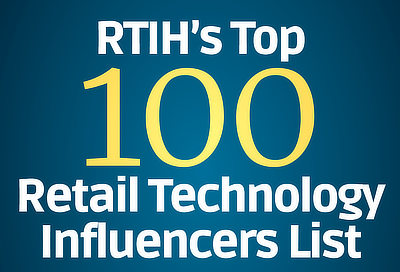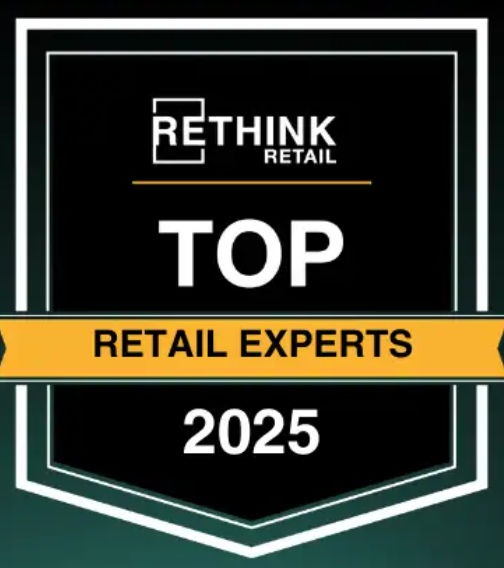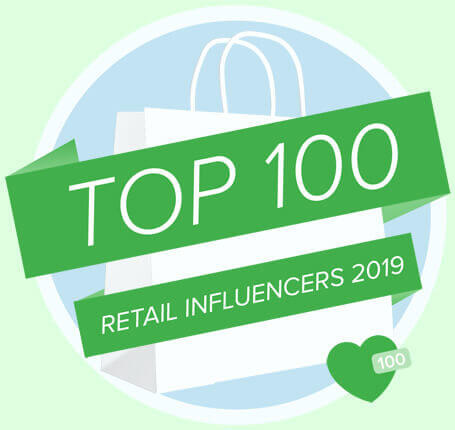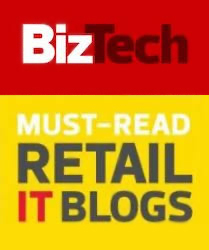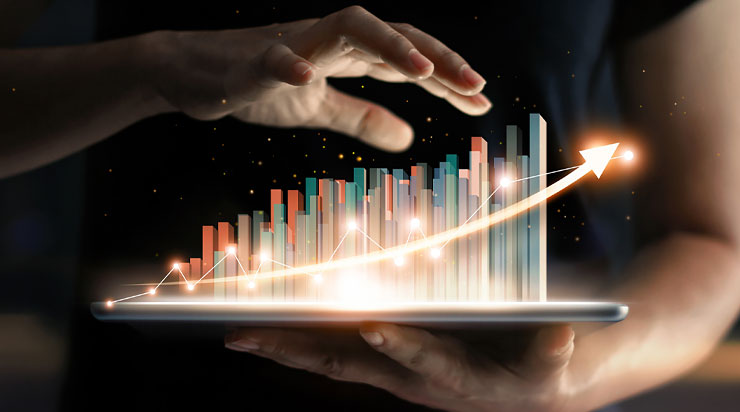Research
- August 25, 2019
Global Top 100 companies (2019) - Ranking by market capitalisation
From PwC Research - The market capitalisation of the largest company worldwide has nearly tripled in the past ten years. First time in eight years that Apple has not been the Global Top 100 number one. Nearly half (48%) of the top 100 unicorns valued at $1bn+ as at 31 March 2019 were from the US.
- August 17, 2019
Retail’s Renaissance – True Story of USA Store Openings / Closings
From IHL Group -
Retail continues to go through radical transformation. While most of the mainstream USA press has focused on the sensational and negative, the truth is since January of 2017, the US retail industry had increased sales by $565.7 billion and 8,575 stores.
- August 10, 2019
2019 Shopper Megatrends Study – The Power of Making Retail Personal
From RIS News - In just five years, the shopper landscape has dramatically shifted. Shoppers are using online (73%) and smartphone (61%) more while visiting stores (31%) and malls (54%) less. The physical store is undergoing a big-bang moment. Consumer study from a USA POV.
- August 04, 2019
Reshaping the Retail Industry Paradigm Through AI
Tata Consultancy Services sponsored research project from Harvard Business Review Analytic Services that brings you perspectives from retail leaders, AI practitioners, and retail analysts on how to craft unique growth and transformation strategies and unlock exponential value.
- July 27, 2019
Top 10 Emerging Technologies 2019 - World Economic Forum
World-changing technologies that are poised to rattle the status quo. Virtually teleport to a distant site and actually feel the handshakes and hugs of fellow cyber-travellers; humanoid (and animaloid) robots designed to socialize with people; a system for pinpointing the source of a food-poisoning outbreak in seconds; minuscule lenses that will pave the way for diminutive cameras and other devices; and much more.
- July 20, 2019
BrandZ Top 100 Most Valuable Global Brands 2019
Amazon has leap-frogged the competition to be crowned the BrandZ Top 100 Most Valuable Global Brand for 2019, breaking Apple and Google’s 12 year hold on the top spot. Plus the continued rapid growth of the luxury sector - despite the slowdown in the global economy, the impact a brand’s age has on consumer perception, and the common drivers behind our newcomer brands.
- July 13, 2019
The Robot in the Room - Summer 2019 Consumer View
NRF surveyed consumers to understand the role technology plays in their shopping decisions. Whether it’s automated assistants in their homes, smart devices in their hands or virtual experiences in the store, consumers are actively embracing the role of technology in their everyday lives. And they are sending early signals in terms of what this means for their shopping behavior and expectations.
- July 07, 2019
2019 Grocery Tech Trends Study - Race for Competitive Advantage
Leading grocers step on the gas to deploy technologies that competitors will find hard to match if they fall behind. Finding in the 4th Annual Grocery Tech Trends Study uncover tectonic shifts in digital strategy and analyze 66 individual technologies that grocers can benchmark against.
- June 30, 2019
Retail Security in Europe - Going beyond shrinkage
Average Europe shrinkage rate (including both known and unknown shrinkage) reported by all respondents is 1.5% of turnover, with a mean of 1.4%. Rates vary widely across business sectors, with Food retail (2.0%) recording the highest shrinkage rate.
- June 23, 2019
Jack L. Hayes International USA 31st Annual Retail Theft Survey
USA theft case values soared in 2018 with the average shoplifting case value ($301.97) increasing 11.8%; the average dishonest employee case value ($1,361.37) increasing an amazing 30.1%; and the total average theft case value ($408.77) up 17.0%.
- June 15, 2019
Mary Meeker Internet Trends Report 2019
51% of the world — 3.8 billion people — were internet users last year, up from 49% (3.6 billion) in 2017. Seven out of 10 of the world’s most valuable companies by market cap are tech companies. E-commerce is now 15% of retail sales.
- June 09, 2019
USA National Retail Security Survey 2019
The 2019 USA National Retail Security Survey (NRSS) tells a story of a dramatically changing retail risk landscape, with new threats and challenges being met at each turn with new loss prevention tools. Progress is being made, but LP teams continue to face setbacks and challenges with new and expanding areas of threat. From NRF news and the University of Florida.
- June 01, 2019
10 Global Megatrends that are (re) shaping the world
Changing our behaviour? Ageing people? Necessity not choice? New illnesses, tired planet? The left behind? Work-life balance in the age of automation? Will we enjoy the ride? More tension? Where are we heading? How safe will we feel? Great trends presentation from George Tilesch, Chief Strategy & Innovation Officer at Lpsos
- May 25, 2019
Bain’s Global Private Equity Report 2019
The past five years have been ones of unprecedented success for the private equity industry. During that span, more money has been raised, invested and distributed back to investors than in any other period in the industry’s history. Private investment in general, and private equity in particular, seems to be on a secular penetration curve that has no end in sight. Yet, there are also some cautionary notes to sound.
- May 20, 2019
An Exploration & Planning Guide - The Store of the Future
In the store of the future, the manager will still be analytical and decisive, managing a complex environment, but her responsibilities will stretch across the company, the store, and any shoppers seeking assistance. See the many ways traditional retailers could employ artificial intelligence, augmented reality, virtual reality and even robotics to enhance the shopper experience. - From the Coca Cola Retailing Research Council
Page 17 of 35



